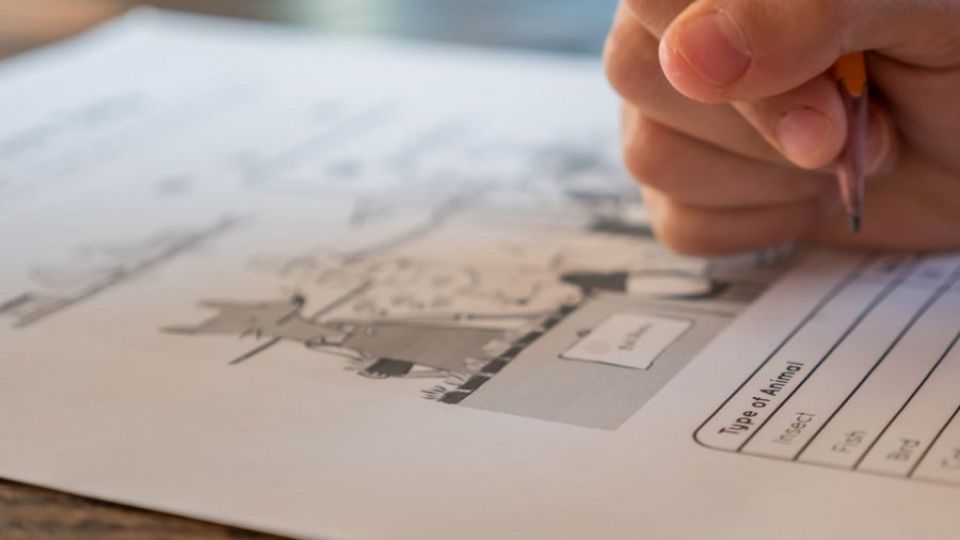March 22, 2024
MANILA – The congressional body tasked to evaluate the country’s performance in education flew to Vietnam on Thursday to find out what the neighboring country is doing right in its schooling system that the Philippines has failed to do, despite the two countries having similar levels of economic development.
The Second Congressional Commission on Education (Edcom II) said its members began a four-day study visit to Hanoi to learn from the education sector of the country.
In particular, the commission will look at the areas of improving access, equity, and opportunity among learners; attracting and supporting qualified teachers; strategic use of its assessments; and its effective governance and “efficient financing” of education.
Delegation
The delegation included Sen. Sherwin Gatchalian, Baguio City Rep. Mark Go, and Negros Occidental Rep. Jose Francisco Benitez, all cochairpersons of Edcom II.
Traveling with the lawmakers are Edcom II advisory council member Alfredo Ayala, and members of the commission’s standing committee Jennie Jocson, Marie Therese Angeline Bustos, Elvin Ivan Uy and John Sevilla.
They are scheduled to meet with Vietnam’s key officials on education reform, including Nguyen Duc Hai, the vice chairperson of the National Assembly Committee of Culture and Education of Vietnam.
They will also have a roundtable discussion with the Ministry of Education and Training officials and specialists led by its Deputy Minister Nguyen Van Phuc to discuss Vietnam’s education system, according to Edcom II’s statement to the media.
Vietnam’s Pisa ranking
Luigi Conti, communications officer of Edcom II, said the economic development of Vietnam was similar to the Philippines, but the former was performing much better than the latter in the latest ranking of the Program for International Student Assessment (Pisa).
The 2022 Pisa results showed that 15-year-old Filipino students were lagging about five to six years behind in mathematics, science, and reading, with an average score of 353, compared to other participating countries.
Vietnam, on the other hand, had an average score of 468, with students scoring close to the average of developed countries belonging to the Organization for Economic Co-operation and Development (OECD) in mathematics, but less than the OECD average in reading and science.
Its students ranked higher in all subjects than those of Mexico, Brazil, Indonesia, and the Philippines.
Similar spending
Conti said the Edcom II study visit was intended to draw lessons from Vietnam’s best practices, particularly how it managed to perform better in the Pisa assessment despite having almost the same education spending as the Philippines.
He explained that Vietnam was “spending roughly” the same amount for its education sector as a proportion of its gross domestic product.
“The Philippines spends an equivalent of around P55,000 on average per learner every year from kindergarten until the age of 15. The same factor in Vietnam is P69,000,” Conti told the Inquirer in a message.
Focus group talks
To get a better look at how Vietnam is doing it, Conti said the delegation from Edcom will be visiting public preprimary, primary, secondary, and high schools in Hanoi.
The delegation will also hold a focus group discussion with Filipino teachers working in Vietnam schools and meet with officials of the Royal Melbourne Institute of Technology (RMIT) University in Vietnam.
RMIT University has branches across Vietnam including Hanoi, Ho Chi Minh, and Da Nang.
Edcom II noted that RMIT University was the “first completely foreign-owned” university that was granted permission to operate in Vietnam.


